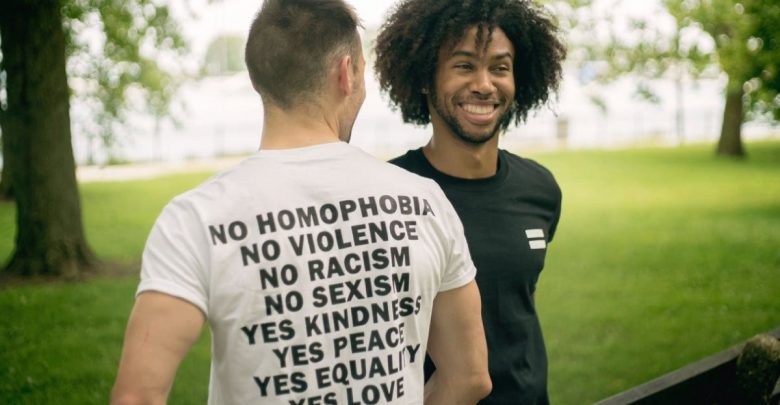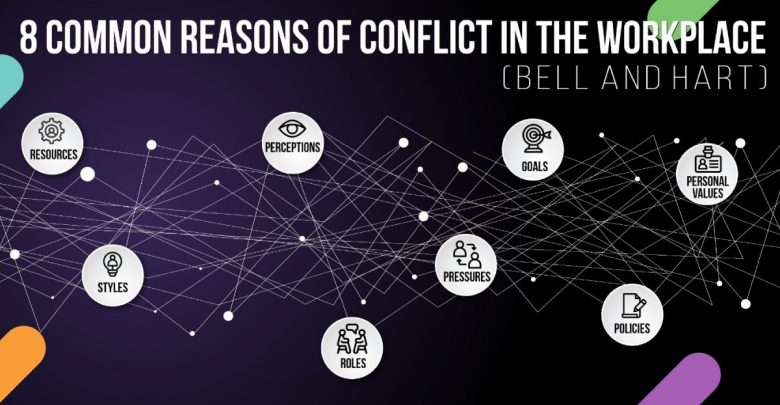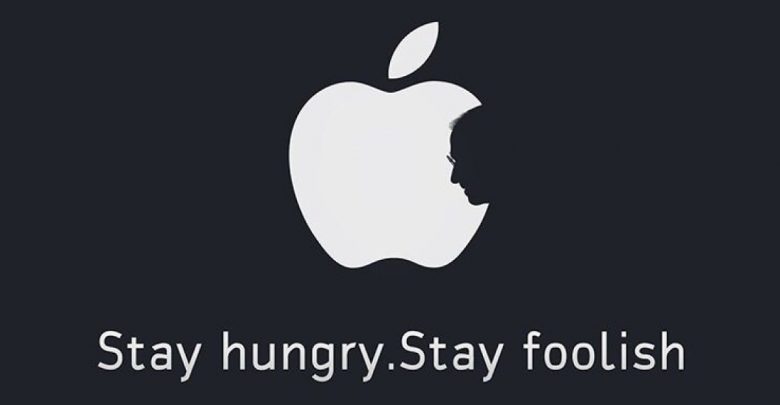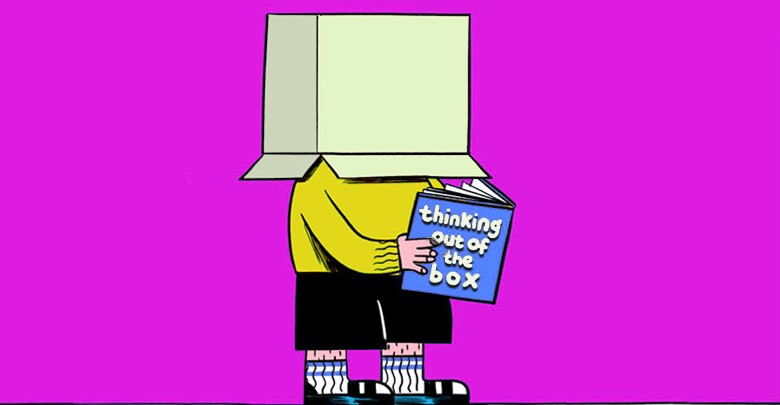Competence model articles
-

Nationalism vs Globalism
The first part of the discussion answered the question “What is happening now?” WE HAVE LOST OUR STORY – Harari claims. He continuous: “People tend to think in stories. In the last 30-40 years we had a story that said that all we have to do is to just globalize the economy and liberate the politics and humanity will reach…
Read More » -

Altered states of mind for better awareness
We are more isolated and alone than ever in an unpredictable world. We can do only two things: thrive or survive. The mind is the most powerful tool that we have. Understanding better our mind and the different wave frequencies will make us more able to go in our desired direction. Accessing altered states of mind creates intuitive guidance, it…
Read More » -

Putting the information in the context
If we don’t put the information that we have collected in the right perspective, we could lose the real dimension of the project, issue or problem. The context is the basis for reading the findings and allow the development of an opinion, ideas or future strategies. The context is one of the fundamental items that are allowing a researcher to…
Read More » -

Unity in diversity
Nowadays having learners from diverse backgrounds in one room is more common than ever before. It comes with challenges, but if managed well, diversity can lead to a unique “masterpiece” of an experience. There is a great saying by organizational psychologists that “The worst kind of group for an organization that wants to be innovative and creative is one in…
Read More » -

Why listening and non-verbal communication matter? Referring to theories and sharing the sources of knowledge in active listening and nonverbal communication skills
What is the main job of the trainer or educator? Just by analyzing the words “trainer” or “educator”, it is easy to deduce that the main job is to train or educate people. Very often it is associated with giving input, sharing theories, and leading activities or exercises, and as trainers and educators, this is what we have been trained…
Read More » -

Developing awareness of identity
Becoming aware of who you are, means that you have a deeper understanding of your core identity no matter the context and in different situations. The big topic for the 21st century – self-awareness In the past few years, there has been a lot of information, research, books, and seminars on the topic of self-awareness. Self-awareness is now regarded as…
Read More » -

8 Types of conflict
Intro Conflicts are an inevitable part of team dynamics, they occur in every human relationship we engage in. The ability to recognize the conflicts, and to address them constructively can make the difference between high and low-performing teams, between good and bad working environments, between loyalty and disloyalty to the team’s goals. The process starts with understanding the conflicts and…
Read More » -

Stay hungry, stay foolish
Introduction Utilizing our talents, becoming good at something is one of life´s most powerful drivers. People can devote their whole lives to perfecting a skill, competence, or an attitude, building a great team or an organization. Helping and supporting your colleagues to become better and develop their talents, and therefore grow as a team, not only makes a difference for…
Read More » -

Doing out of the box
Introduction How many times have you been in a situation where you didn’t know what to do? How many times have you come to a dead-end and contemplated accepting reality? What made you stop or give up? Has it happened to you, while in a dead-end street, suddenly, a brilliant idea pops-up in your head? Or maybe an idea that…
Read More » -

Resonating relationships
Introduction Every team is like a small community. They bring their values and beliefs inside the team, as well as, their fears and expectations, their goals and aspirations, their personalities and their working styles. After some time the team starts creating their own ways of doing things and their unique organizational culture. They set and shape new values, principles, working…
Read More »